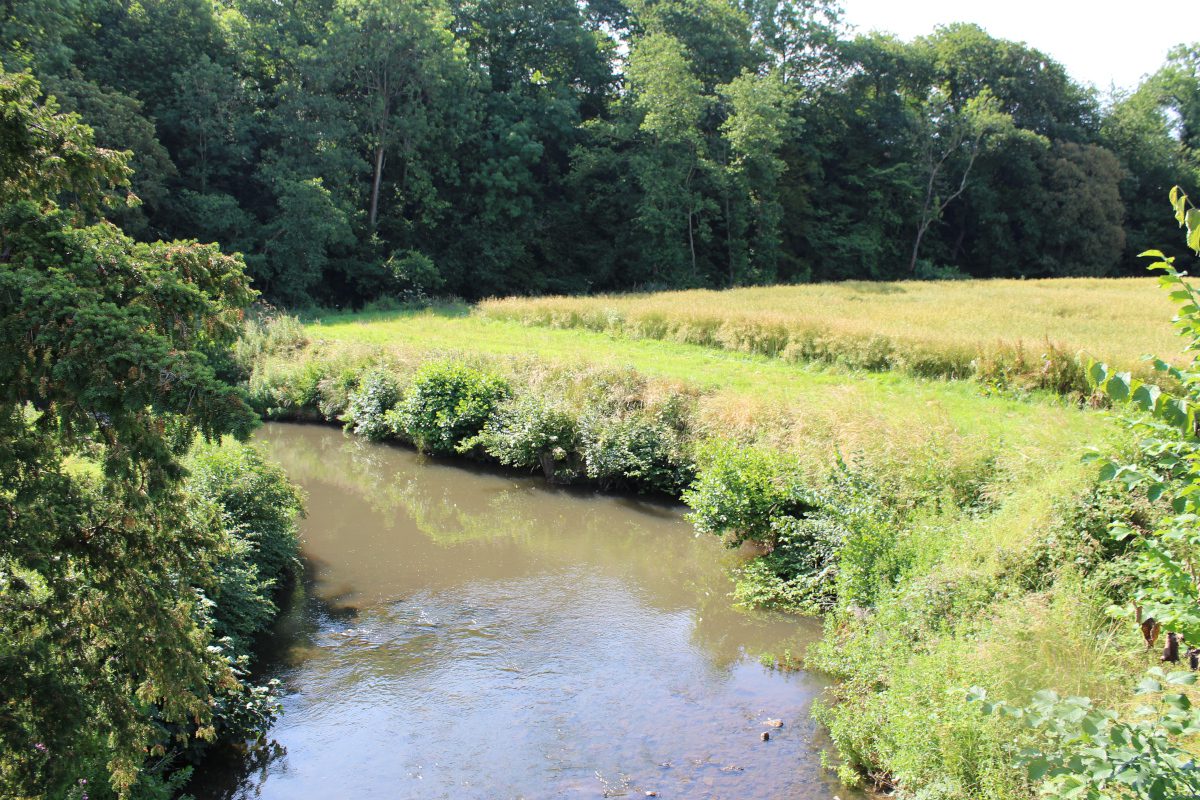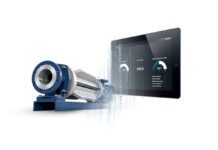
Severn Trent says its Farm to Tap scheme, which aims to mitigate the impact of pesticide run off on water quality, has seen its most successful year to date, with no metaldehyde water quality failures at its treatment works.
Laura Flower, Severn Trent catchment management scientist, offered insight into why this might be, as it goes against what one might expect given the high levels of rainfall over the winter.
“There were two major factors at play helping to stop metaldehyde reaching watercourses between September and December 2019,” she says.
“First of all, 800 farms in our region signed up to Farm to Tap, which financially supports them in switching to a ferric phosphate alternative or making management changes to significantly reduce run-off.
“We also know that less slug pellets than normal were applied, as 24% of the farmers signed up were unable to drill any winter crops due to the extensive wet weather,” says Laura.
Severn Trent is now in the process of rewarding farmers in successful sub-catchments up to £5/ha. Those who signed up to the scheme and were unable to drill, but operate in a successful sub-catchment, will receive a goodwill payment of £100.
Flower said that even with the lack of planting, a handful of sub-catchments still succumbed to the rainfall and failed local water quality tests. But the good news is that the higher quality water from other catchments diluted this and meant drinking water standards were upheld at treatment works, said the utility.
“We’re now working closely with the few farmers in the failed areas to understand how we can support them to resolve the issue. We’re offering a £25 incentive to these farms for filling in a simple survey to help with this.”
Flower added that while the costs initially seem high for Severn Trent, every £1 spent on catchment management saves the utility £20 in treatment, meaning customer bills are kept as low as possible.
“For this reason, we will be continuing the Farm to Tap scheme for 2020/21 before metaldehyde is completely banned from use in 2021, where we will develop a similar scheme for different pesticides.”
For more information please visit https://www.stwater.co.uk/about-us/environment/catchment-management/farm-to-tap/
About Farm to Tap
Severn Trent’s Farm to Tap scheme runs every year as part of the Farming for Water catchment management programme.
The scheme’s focus is to work in partnership with farmers and landowners to adopt different methods of slug control to reduce levels of metaldehyde reaching watercourses, with an aim to minimise the need for treatments, and rewarding those that successfully meet the set criteria.
Metaldehyde is difficult and expensive to remove from water, but exceedances can be prevented. Higher levels of pollution in water lead to greater treatment costs, which could impact customer bills.
2019/20 payments rates:
- £5/ha if water quality in the sub-catchment is below 0.05ppb
- £2.50/ha if the water quality in the sub-catchment is below the drinking water standard of 0.1ppb but above 0.05ppb
- No payment is the water in the sub catchment is above 0.1ppb
- £100 goodwill payments for signed up farms in successful catchments that could not drill crops








